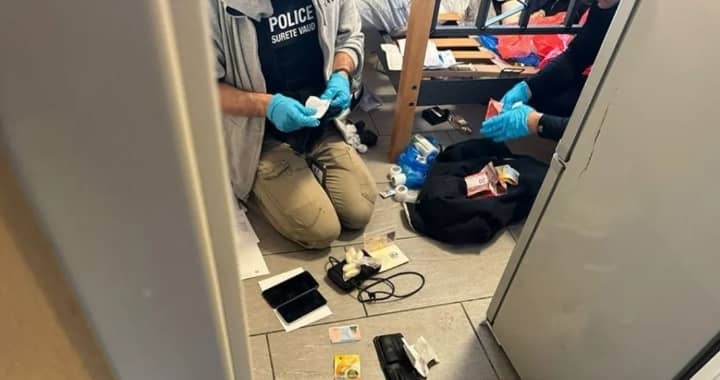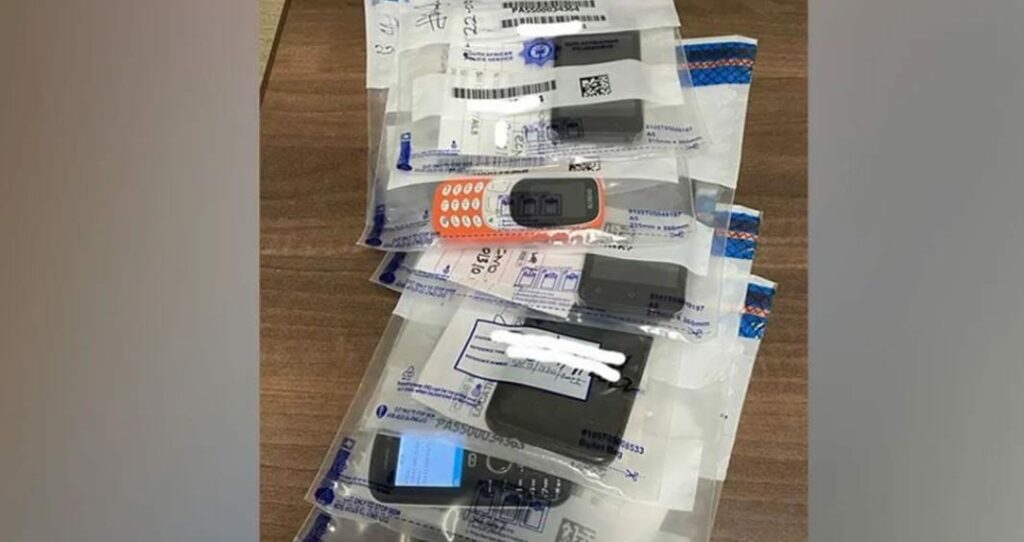The International Criminal Police Organisation (Interpol) has successfully dismantled one of West Africa’s most notorious criminal networks, Black Axe, arresting over 300 individuals with ties to the syndicate and its affiliates.
In a series of covert operations dubbed “Operation Jackal III,” carried out across 21 countries between April and July 2024, Interpol revealed that the highly-coordinated cybercrime group is responsible for some of the world’s most sophisticated cyber-enabled financial frauds and a host of other serious crimes, according to a report by the BBC on Wednesday.
Describing the operation as a “major blow” to the Nigerian crime network, Interpol emphasised the global reach and technological prowess of Black Axe, labeling the group a significant global threat.
The operation led to the seizure of $3 million in illicit assets and the freezing of over 700 bank accounts linked to the criminal syndicate.
A senior official at Interpol’s Financial Crime and Anti-Corruption Centre, Tomonobu Kaya, highlighted the role of financial technology and cryptocurrency in facilitating the activities of these cybercrime syndicates, known for orchestrating multi-million-dollar online scams. Kaya remarked, “They are very organised and very structured. These criminal syndicates are early adopters of new technologies. A lot of fintech developments make it easy to illegally move money around the world.”
The Black Axe, a secretive network notorious for its involvement in human trafficking, prostitution, and violent crimes globally, primarily generates revenue through cybercrime.
Many of its members are university-educated, having been recruited into the group during their academic years.
Interpol’s 2022 report had already flagged Black Axe and similar groups as responsible for the majority of the world’s cyber-enabled financial frauds and various other serious offenses.
The recent Operation Jackal III follows multiple other “Jackal” operations since 2022, which have resulted in numerous arrests and the confiscation of electronic devices used in these transnational criminal activities.
In one notable case, Canadian authorities in 2017 uncovered a money-laundering operation linked to Black Axe, with a staggering value of over $5 billion (£3.8bn).
Given the sophistication of these criminal networks, Interpol stressed the need for advanced technological expertise and personnel to combat them effectively.
To this end, the organisation has launched the Global Rapid Intervention of Payments (GRIP) system, enabling authorities in its 196-member countries to freeze bank accounts worldwide with unprecedented speed.
This system was instrumental in halting a $40 million scam targeting a Singaporean business in July 2024.
More Photos Below:







